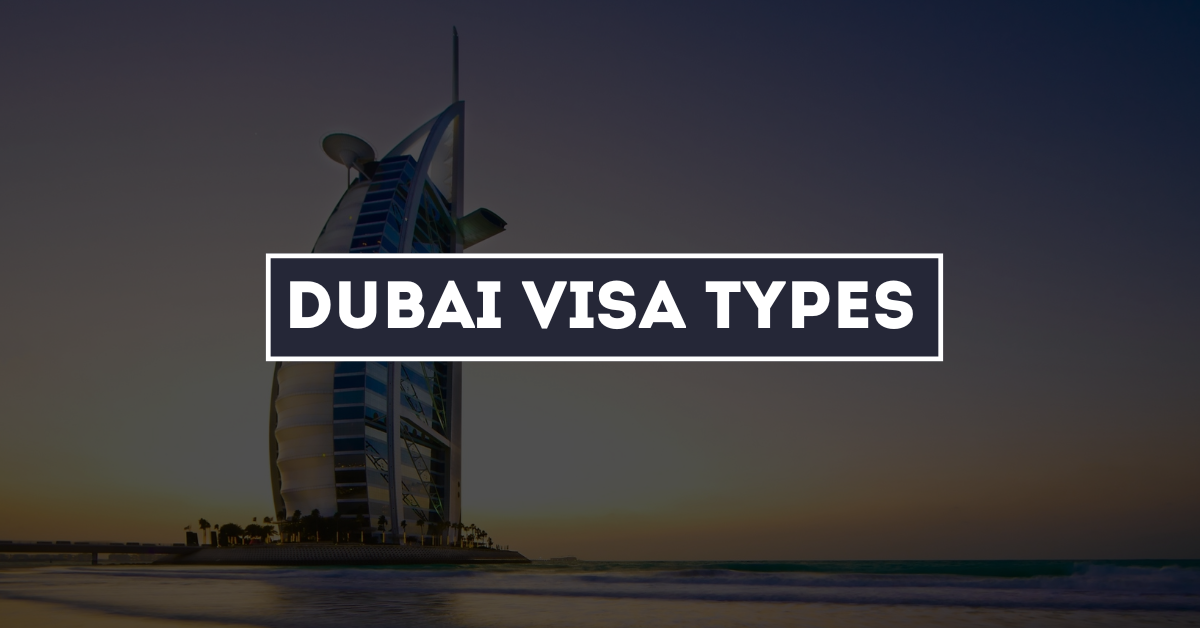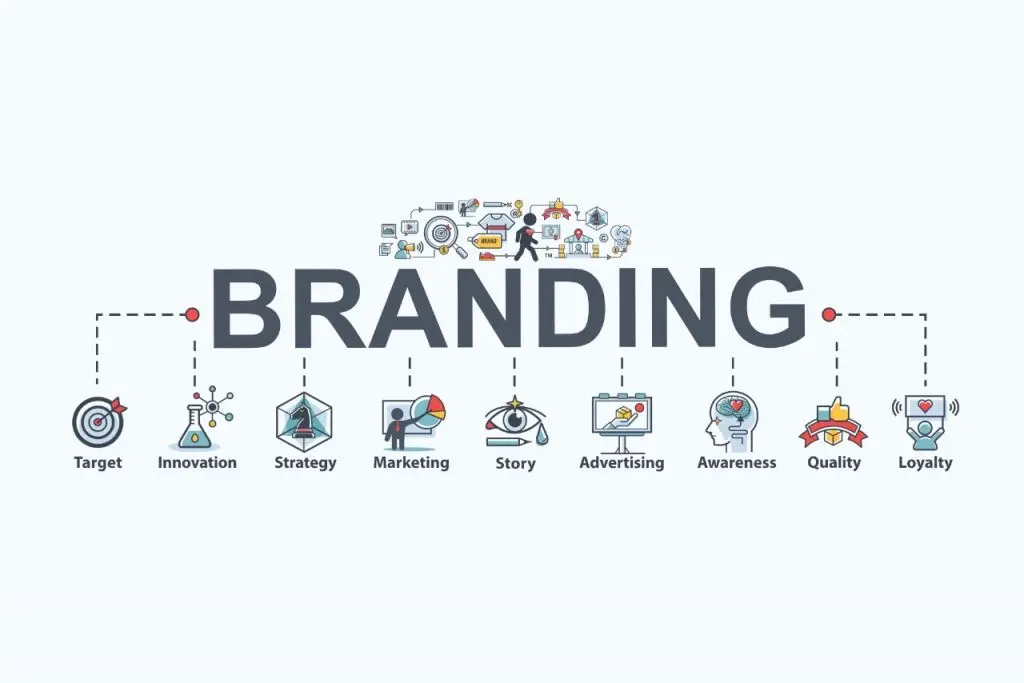There are many “Different Types Of USA Visa” options available, depending on the purpose of a foreign national’s visit. The U.S. visa system can be complex, and with so many visa types, choosing the right one can feel overwhelming. This guide provides an in-depth overview of the most common U.S. visas, offering helpful information to help you identify which visa best suits your needs.
Immigration Visa Being Distinct From Non- Immigration Visa
Visas are given under the following broad categories:-
- Immigrant Visas— Intended For Those With The Intent To Reside Permanently In THAT FOREIGN COUNTRY
- Non-Immigrant Visas — Intended for temporary stays (tourism, business)
Non-Immigrant Visas
Just a reminder that non-immigrant visas are for those who want to visit the U.S. once in while, and not live here so it commands no higher preference when immigration status matters From the purpose of visit, there are several subcategories as follows;
Tourist and Business Visas
- B-1 Visa (Business Visitor): For those who have to visit the U.S. for business reasons, like attending meetings or negotiating a contract with other companies etc..
- B-2 Visa (Tourist Visitor) : It is for tourist visitor, people visiting family or having medical treatment in the US and B-2 visa holder are not allowed to be involved into any business or employment ocular activities.
Student Visas
Most Popular U.S. Study Destination There are three types of student visas based on the program:
- F-1 Visa (Academic Student Visa): For students enrolling in a US university, college, high school or other academic institution. Automatically — F-1 visa holders are eligible for Optional Practical Training (OPT), allowing them to stay and work in the U.S. post graduation.
- M-1 Visa (Vocational Student): For students in non-academic or other vocational programs, other than language training.
- J-1 Visa (Exchange Visitor Visa): For people who are participating in exchange programs such as professor, summer work travel or research scholar. It also has categories for practical training and cultural exchange programs in the form of Q-1, H3, Trainee Program J visa.
Read More:
Work Visas
A work visa is given to an individual who wants employ sequence at the same time bearing in mind that they are not there for a lasting very long period. In many cases, these visas require an employer in USA to sponsor them.
- H-1B Visa (Specialty Occupations): Professionals with specialty skills and have obtained a minimum of Bachelor level degree. The field could be from IT, engineering or medical. The examination for qualifying as an H-1B visa is the toughest to clear, it belongs to one of most competitive selection processes and have a yearly limitation.
- L-1 Visa (Intra-company Transfer Visa): For employees who are transferring from another multinational company to a U.S. office or subsidiary of the Company for which they work full time. The L-1 visa is divided into:
- L-1A: This visa is for managers or executives who work at a foreign company.
- L-1B: Intracompany Relocation For Employees With Specialized Knowledge
- O-1 Visa (Extraordinary Ability): Individuals that are extraordinarily talented in areas like arts, sciences, business or athletics. Proven evidence of the accomplishments (i.e. a few publications or awards)
- H-2A Visa (Seasonal Agricultural Worker) Serves: foreign workers with temporary agricultural employment
- H-2B Visa (Seasonal Non-Agricultural Worker): Used for foreign workers in temporary non-agricultural jobs, like those found in the hospitality or construction industry.
Temporary Professional and Exchange Visas:
- TN Visa (Trade NAFTA): Work visa closely related to the H1B but only available for Canadian and Mexican professionals in certain fields under USMCA, formerly NAFT. It grants people a temporary work permit in the country.
- P Visa (Performers and Athletes): For athletes, entertainers or artists performing in the U.S. under an established contract — rather than as a random tourist sitting for nitpicky pictures of their phone at Coachella.
- Q-1 Cultural Exchange Visa: driven programs Validate Anti Forgery Token
Immigrant Visas
Key Difference: Immigrant visas are for individuals who plan to live and work permanently in the U.S. These lead to receiving a Green Card. Some common immigrant visa categories are:
Family-Based Visas
- IR-1/CR-1 Visa (Spouse of a U.S. Citizen): The foreign spouse will be able to become a permanent resident in the U.S after getting an IR 1 visa under this category.
- K-1 Visa (Fiancé(e) Visa): purposes engaged to an American citizen With a K-1 visa, the foreign fiancé(e) may enter the U.S. and have 90 days to marry their partner who is an American citizen.
- IR-2 Visa (Child of U.S. citizen): Unmarried child under 21 years old, born to a U.S. Citizen.
Immigrant Visas for Employment
The Employment-based immigrant visas: Available to skilled workers who move permanently to the U.S. as a result of their job skills.
- EB-1 Visa (Priority Workers): For those with extraordinary abilities, outstanding professors or multinational executives.
- EB-2 Visa (Professionals with Advanced Degrees): For people holding advanced degrees or persons of exceptional abilities in fields.
- EB-3 Visa (Skilled Workers, Professionals): It includes workers who are skilled with 2 years of experience or professionals holding a US bachelor degree and other workers where the job requires less than two years.
- EB-5 Visa (Investor Visa): An investor puts a certain minimum amount of money into business in the U.S. and produces 10 or more full-time jobs The EB-5 program is a route to U.S. permanent residency.
Diversity Visa (DV) Lottery
Every year, millions of individuals around the world apply for a chance to win one in 50,000 visas offered through the Diversity Visa (DV) Lottery program also known as Green Card lottery that serves immigrants from countries with low rates of U.S. immigration by allowing them an equal opportunity at getting selected and gain permanent residency status it is designed as such because they come exclusively from regions where few people have emigrated legally before; winning means you can later tell your friends all about trying out what’s possible right under American control– without any fear or hesitancy!
Specialty Visas
Other visas that are not included in the traditional categories of U.S. visa and they serve for specific purposes:
- U Visa (Crime Victims): For victims of crime in the United States who have requested to Police help with investigating it.
- T Visa (Victims of Human Trafficking): If you are a victim of human trafficking and cooperating with law enforcement.
- V Visa (Family Reunification): Allows certain family members of US residents to live in the United States while they wait for their immigrant visa petition.
- S: Witness or Informant (Visa): For people who help the U.S. government in-law enforcement matters
Read Bangla Articles – Humayan’s Blog
The U.S. visa system is quite large and diverse; you definitely have plenty of options to choose if you want to visit, study or immigrate there. Knowing the visa you should apply for and what is required will make all difference in getting that application granted. Whether you are traveling for a short period of time, looking to study at an American university or considering moving your entire life to the USA it is important that you understand which visa options there are available so as not be lost in between all this process.










2 Comments